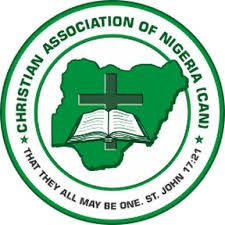
NSCDC boss charges newly promoted officers on diligence, discipline
The Commandant General (CG) of the Nigeria Security and Civil Defence Corps (NSCDC), Dr Ahmed Audi, has charged newly promoted senior officers of the Corps to ensure discipline and diligence in carrying out their duties.
Audi gave the charge on Wednesday at the Corps Headquarters, Abuja, while decorating newly promoted Assistant Commandant Generals (ACG) and Commandants of Corps, with their new ranks.
From the 21,100 personnel recently promoted, 11 senior officers were promoted from Commandants to ACG while 44 were elevated from Deputy Commandants of Corps to Commandants.
The CG said that the elevation called for higher responsibilities and renewed commitment to the service of the country.
“It is equally expected to reflect in job efficiency, effectiveness and dedication as well as increased loyalty.
“This promotion offers you an opportunity for greater self-actualization through more varied and challenging assignments.
“It is expected that you will prove your mettle and will not be found wanting in the discharge of your duties,” he said.
Audi further said that the promotion was a recognition of their hard work, as such they must show that they deserved it through the effective discharge of their responsibilities.
“There is no gainsaying that a highly motivated staff will be fully committed to building a strong, virile and dedicated workforce.
“This will in turn impact positively on the overall performance and effective discharge of the Corps mandate,” he added.
According to Audi, prior to his heading the NSCDC, there was promotion stagnation which cut across all ranks, a situation that dampened staff morale, heightened indiscipline and loss of confidence in the system.
He therefore said the promotion of 21,100 personnel was unprecedented in the history of the service, and a marked departure from the past.
The CG appreciated the Minister of Interior, Dr Olubunmi Tunji-Ojo, the governing Board and the management staff of the Corps, for the fairness and impartiality in the staff promotion exercise.
The NSCDC boss assured Nigerians of the corps’ unwavering commitment to ensuring a safer environment, devoid of crimes during the yuletide.



